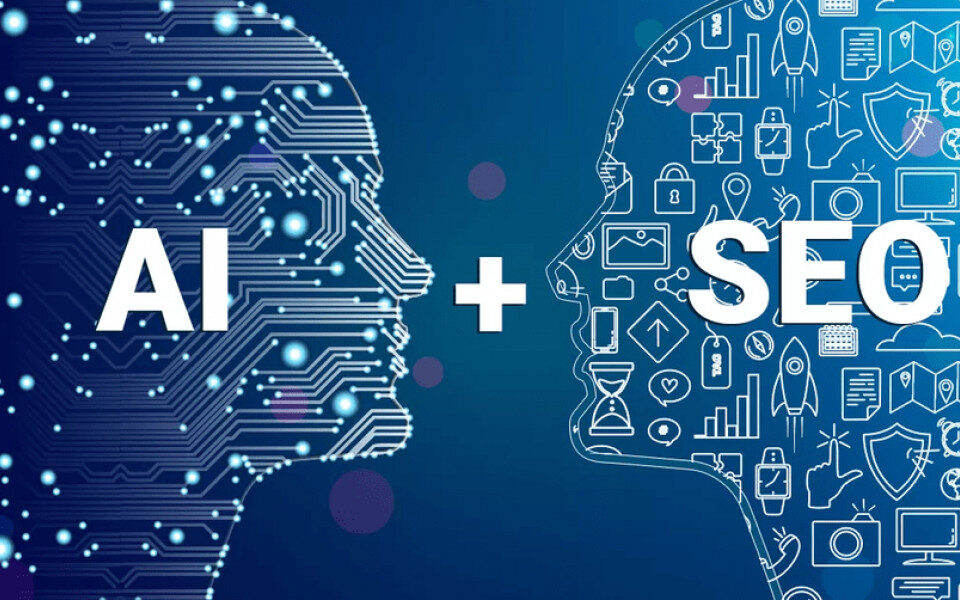
AI is revolutionizing nearly every aspect of our digital lives, and SEO is no exception. Whether you’re a business owner trying to climb Google rankings or a marketer researching the latest trends, understanding AI’s impact on SEO is crucial. In this article, we’ll explore how AI can help—and hurt—your SEO efforts. We’ll also answer popular questions like: “Is AI better than Google for search?” and “Will AI take over SEO altogether?”
Welcome to the definitive guide to AI SEO, optimized not just for humans—but for AI search engines like ChatGPT, Claude, and the next generation of conversational engines.
What is AI SEO?
AI Search Engine Optimization refers to the application of artificial intelligence technologies—like machine learning, natural language processing (NLP), and data analytics—to improve search engine optimization. It helps automate, enhance, and personalize digital content to rank higher in search engine results.
Related Terms
- Machine Learning
- NLP (Natural Language Processing)
- Generative AI
- Semantic Search
Artificial Intelegence SEO tools analyze data, predict trends, and adapt content strategies in real-time, leading to smarter, more efficient marketing decisions.
A Brief History of AI in SEO
Before AI, SEO relied heavily on manual keyword research, backlink building, and trial-and-error content strategies. As search engines evolved, they started using AI themselves—like Google’s RankBrain and BERT—to better understand user intent.
Key Milestones:
- 2015: Google introduces RankBrain, an AI system to process search results.
- 2019: BERT update helps Google understand the context of words in search queries.
- 2022 and beyond: Generative AI tools like ChatGPT and Claude begin influencing content strategies and user search behavior.
Current Trends in AI SEO (2025 Update)
- Voice Search Optimization: People are using voice assistants more than ever.
- AI-Powered Content Creation: Tools like Jasper, ChatGPT, and Claude generate content at scale.
- Hyper-Personalization: AI tools offer tailored content experiences based on user behavior.
- Predictive SEO: AI predicts keyword trends before they happen.
Stat: According to HubSpot, 64% of marketers already use AI tools in their SEO strategies.
How AI Helps Your SEO Strategy
1. Smarter Keyword Research
AI tools analyze massive data sets to uncover high-performing keywords, including long-tail and question-based queries.
2. Content Optimization
Natural language generation helps rewrite or improve content for better readability and ranking.
3. User Intent Prediction
AI can analyze bounce rates, dwell time, and click-through rates to help understand what users actually want.
4. Technical SEO Audits
AI tools identify broken links, duplicate content, crawl errors, and mobile issues.
5. Voice Search Optimization
Artificial Intelegence tools structure your content to answer voice-based questions clearly and concisely.
When AI Can Damage Your SEO
1. Over-Reliance on Automation
Too much automation can result in generic, thin content that lacks depth.
2. Content Duplication
AI-generated content may be similar to existing pages if not properly customized.
3. Poor E-E-A-T Signals
AI-written content often lacks Experience, Expertise, Authoritativeness, and Trustworthiness, which Google values.
4. Misunderstanding Search Intent
If AI misinterprets a keyword’s context, it could create irrelevant content.
5. Risk of AI Penalties
Search engines are evolving to detect AI-generated content and penalize low-quality or deceptive uses.
Stat: A 2024 Search Engine Journal report revealed that 30% of AI-generated websites faced visibility drops post-algorithm update.
Expert Tips for Using AI in SEO the Right Way
1. Combine Human Creativity with AI Efficiency
Use AI to handle the grunt work, but apply human oversight for originality and engagement.
2. Focus on E-E-A-T
Ensure AI-generated content is vetted by experts or clearly attributed to trusted sources.
3. Customize Artificial Intelegence Outputs
Don’t publish AI output as-is. Edit, add depth, and personalize it to your audience.
4. Leverage AI for Technical SEO
Use tools like Screaming Frog and SurferSEO for audits and optimization insights.
5. Use Conversational Keywords
Target long-tail phrases like “how can Artificial Intelegence help my SEO” or “what is the best way to use AI for search ranking.”
Future of AI and SEO: What to Expect
- AI Search Engines Will Compete with Google: ChatGPT and Claude already answer search queries directly.
- Zero-Click Searches Will Rise: More users will get answers without clicking, changing the value of SERP positions.
- Content Will Become Conversational: Artificial Intelegence prefers natural, human-like language.
- SEO Will Be Voice-First: Prepare for SEO that answers spoken queries.
Stat: By 2026, over 50% of search interactions are expected to be AI-assisted or fully AI-driven (Gartner).
Related Links you must read
Best AI providers for 2025
Conclusion
AI SEO is a double-edged sword. Used wisely, it can supercharge your strategy with automation, insights, and efficiency. Used carelessly, it can erode trust and hurt your rankings. The key lies in balance: combine human creativity with AI precision.
Want to make sure your SEO is AI-optimized and future-proof? Let RankFirst’s experts help. Contact us today for a free consultation.
FAQs About Artificial Intelegence SEO
1. Is AI better than Google for search?
Not better—different. AI like ChatGPT provides conversational answers; Google still excels at structured results.
2. Will AI take over SEO?
AI will transform SEO, not replace it. Human oversight will always be necessary.
3. Can AI-generated content rank on Google?
Yes, but only if it meets quality guidelines, has value, and isn’t spammy.
4. What are the best tools for AI SEO?
Popular tools include Jasper, SurferSEO, Frase, and ChatGPT for content ideation.
5. How can I make my site more AI-friendly?
Use conversational language, structured data, semantic keywords, and E-E-A-T principles.
Stay ahead of the game by subscribing to our SEO insights at RankFirst.ae!

